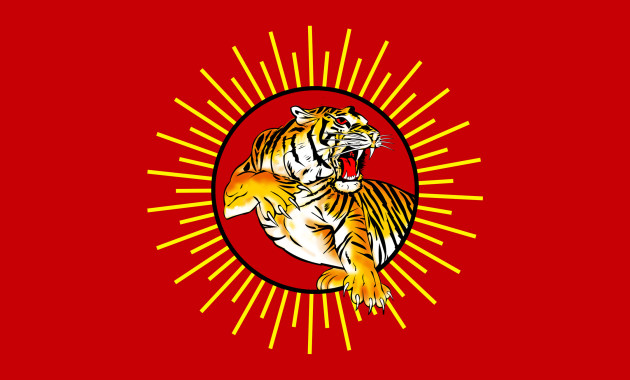


A similar policy was later adopted for employment in the public sector that caused less than 10 percent of civil service jobs available to Tamil speakers. The new Sri Lankan Government adopted two new policies that were considered discriminatory by the Tamil people government introduced a policy of standardisation to regulate university admissions, which was enacted to reduce the intake of Tamil and other minorities students into the Sri Lankan educational system. The failure of the Sri Lankan Parliament to implement these agreements caused further disillusionment and isolation among Tamils.Īt the 1970 Sri Lankan parliamentary election, the United Front led by Sirimavo Bandaranaike came into power. Though both the Bandaranaike–Chelvanayakam Pact and the Senanayake-Chelvanayakam Pact were signed, they were not approved by the Sinhalese dominated Sri Lankan Parliament in 19, respectively. The act replaced English as the official language of Sri Lanka with Sinhala due to the lack of official recognition to the Tamil language, the act was widely viewed by the Tamils as a sign of the Sri Lanka state's ambition of establishing a Sinhala– Buddhist nation state. 33 of 1956, more simply known as the Sinhala Only Act, was passed in the Sri Lankan Parliament in 1956. In 1956, the Illankai Tamil Arasu Kachchi (ITAK), the most dominant Tamil political party in Sri Lanka (then known as Ceylon), lobbied for a united state that would give the minority Tamils and majority Sinhalese equal rights, including recognition of two official languages-Tamil and Sinhala-and considerable autonomy for the Tamil regions of the country.

Large sections of the North-East were under de facto control of the Liberation Tigers of Tamil Eelam (LTTE) for most of the 1990s–2000s during the Sri Lankan Civil War. Tamil Eelam, although encompassing the traditional homelands of Sri Lankan Tamils, does not have official status or recognition by world states. The name is derived from the ancient Tamil name for Sri Lanka, Eelam. Tamil Eelam ( Tamil: தமிழீழம், tamiḻ īḻam generally rendered outside Tamil-speaking areas as தமிழ் ஈழம்) is a proposed independent state that many Tamils in Sri Lanka and the Sri Lankan Tamil diaspora aspire to create in the north and east of Sri Lanka.


 0 kommentar(er)
0 kommentar(er)
